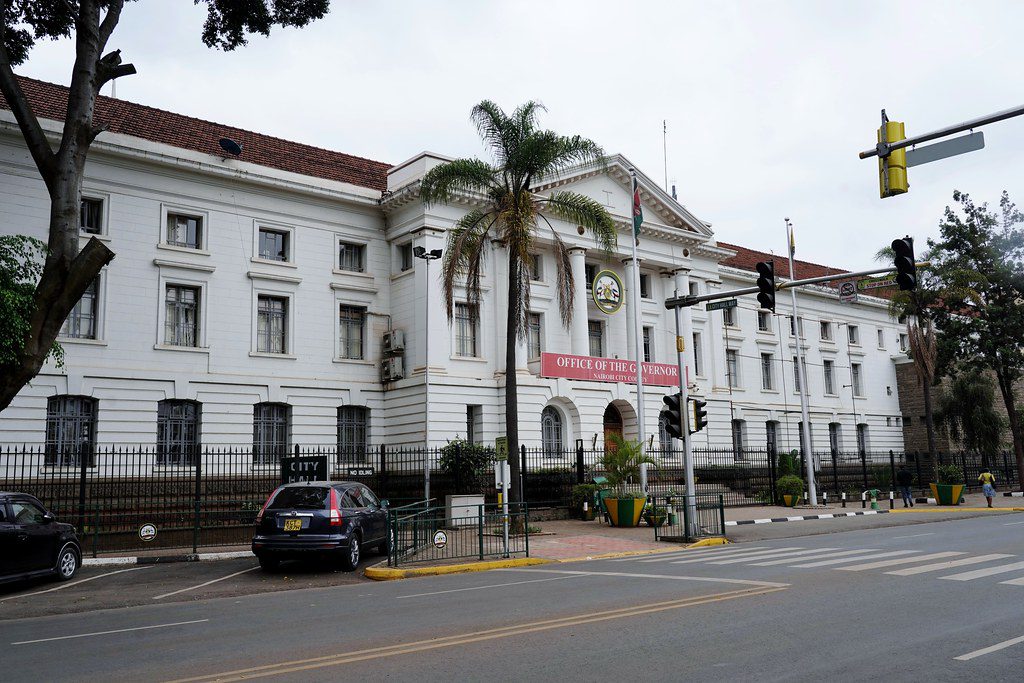Nairobi County’s wage bill has ballooned to Sh17.3 billion following an aggressive recruitment drive over the past three years, sparking fears that the rising payroll could cripple critical development projects.
A special audit by Auditor-General Nancy Gathungu shows that by June 2024, the number of employees at City Hall had surged to 16,321, up from 5,777 in June 2022. During the same period, spending on staff salaries and allowances rose by 188.6 per cent, from Sh6 billion to Sh17.3 billion annually.
“Over the three years under review, there was a drastic increase in the number of employees and payroll costs,” Gathungu noted in her report on Nairobi’s payroll management.
The sharpest increase came in the 2022/2023 financial year, when staff levels more than doubled to 13,355 and employee costs climbed to Sh11.18 billion, an 86.4 per cent jump. The audit relied on manual payroll records and the Integrated Payroll and Personnel Database (IPPD), the government’s central system for tracking salaries.
Governor Johnson Sakaja, who assumed office in September 2022, has focused on expanding the county workforce, including converting casual workers to permanent and pensionable contracts. While the move was meant to stabilize jobs, it has stretched the county’s finances.
The wage bill now consumes more than half of Nairobi’s income. By June 2024, staff costs accounted for 55.9 per cent of total revenue, up from 36.7 per cent a year earlier. This breaches the Public Finance Management (County Governments) Regulations, 2015, which cap personnel expenses at 35 per cent of revenue to safeguard development spending.
In the last two financial years, Nairobi collected an average of Sh10.8 billion annually in local revenue—far short of what is required to meet the growing payroll. The county has therefore become increasingly dependent on the equitable share from the National Treasury, a reliance that has caused delays in paying salaries.
“This is to notify all staff that the payment of August 2025 salaries will be delayed due to the late release of the equitable share disbursement from the National Treasury,” Nairobi County Head of Public Service Godfrey Akumali said in a circular last week.
Beyond the financial strain, the audit also raised concerns over payroll integrity. Investigators found that 27 employees, who had collectively received Sh47.5 million between June 2022 and June 2023, were flagged for physical verification in December 2024. This has reignited fears of ghost workers draining county resources.
Analysts warn that Nairobi’s growing wage bill could undermine its ability to provide essential services, including road maintenance, water supply, and healthcare. Unless the county finds a balance between staff costs and development expenditure, residents may feel the brunt of slowed projects and declining service delivery.


